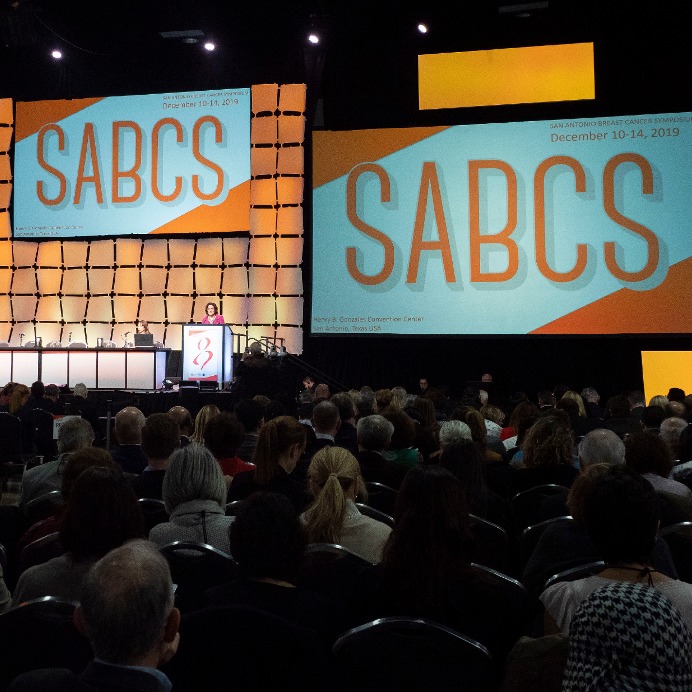By continuing to use our site, you consent to the processing of cookies, user data (location information, type and version of the OS, the type and version of the browser, the type of device and the resolution of its screen, the source of where the user came from, from which site or for what advertisement, language OS and Browser, which pages are opened and to which buttons the user presses, ip-address) for the purpose of site functioning, retargeting and statistical surveys and reviews. If you do not want your data to be processed, please leave the site.
The Voice of People With Breast Cancer
Education
Our Voices Blog
Category : Knowledge
Updates from the 2019 San Antonio Breast Cancer Symposium
Every year scientists, clinicians and patients from across the world gather to present and discuss the latest breast cancer research at the San Antonio Breast Cancer Symposium. We’ve gathered some highlights from 2019 conference:
Tai Chi vs Qigong: What’s the difference?
Tai chi and qigong have long been popular in the cancer community to help with the effects of the disease. This week we look at these two forms of Chinese therapy, their similarities, differences and benefits.
Talking Palliative Care Part 3: Grief - Living with Loss
Life is about change and every change brings loss with it. Whenever we lose something or someone that we value, we grieve. We grieve for the past – for how things were—and we may not be able to imagine our future. Although it may not be welcome, grief can help us to find ways to live with -- and even grow from -- our losses.
Research Highlights from the European Society for Medical Oncology 2019 Conference
CBCN had the opportunity to join researchers, clinicians, manufacturers and other patients at this annual European conference to learn the latest insights and findings in cancer research. Here’s the research that we found most interesting as breast cancer patients:
Talking Palliative Care Part 2: Choosing your care
We can all agree that when it comes to making end of life decisions, comfort is one of the most important considerations. Comfort can mean different things to everyone. Staying at home for as long as possible or until death may be preferred by some people while others may feel more comfortable in a facility. If you’re unsure of what will make you most comfortable here are some things to consider.
Physical therapy vs Occupational therapy: What’s the difference?
Rehabilitation is an important aspect when recovering from or living well with breast cancer. Physical therapy (PT) and occupational therapy (OT) are terms we often hear when discussing rehabilitation, but we can sometimes confuse their true meanings.
Talking Palliative Care Part 1: Symptom management and getting the most out of your palliative care team
The thing to know about palliative care is that you don’t actually need to be at end of life to get the benefits of it. Palliative care is about getting the best quality of life while living with a life-limiting diagnosis. Symptom management and maintaining your emotional well-being are key aspects in palliative care treatment.
Genetic testing: the benefits, the risks, and the latest knowledge
According to Genetics Home Reference, “Genetic testing is a type of medical test that identifies changes in chromosomes, genes, or proteins. The results of a genetic test can confirm or rule out a suspected genetic condition or help determine a person’s chance of developing or passing on a genetic disorder.”
Seven progressive steps to appeal a denied insurance claim
You have the stress of a breast cancer diagnosis, and now your insurance company has denied your claim. Hang in there: you don’t have to accept the insurance company’s initial decision as the final word. You can appeal your denied claim by following these seven steps.
Guided meditation at home
A few weeks ago, we discussed mind-body therapies to help relieve some of the emotional and physical side effects of cancer and treatment. This week we are sharing some guided meditations you can do in the comfort of your home.













